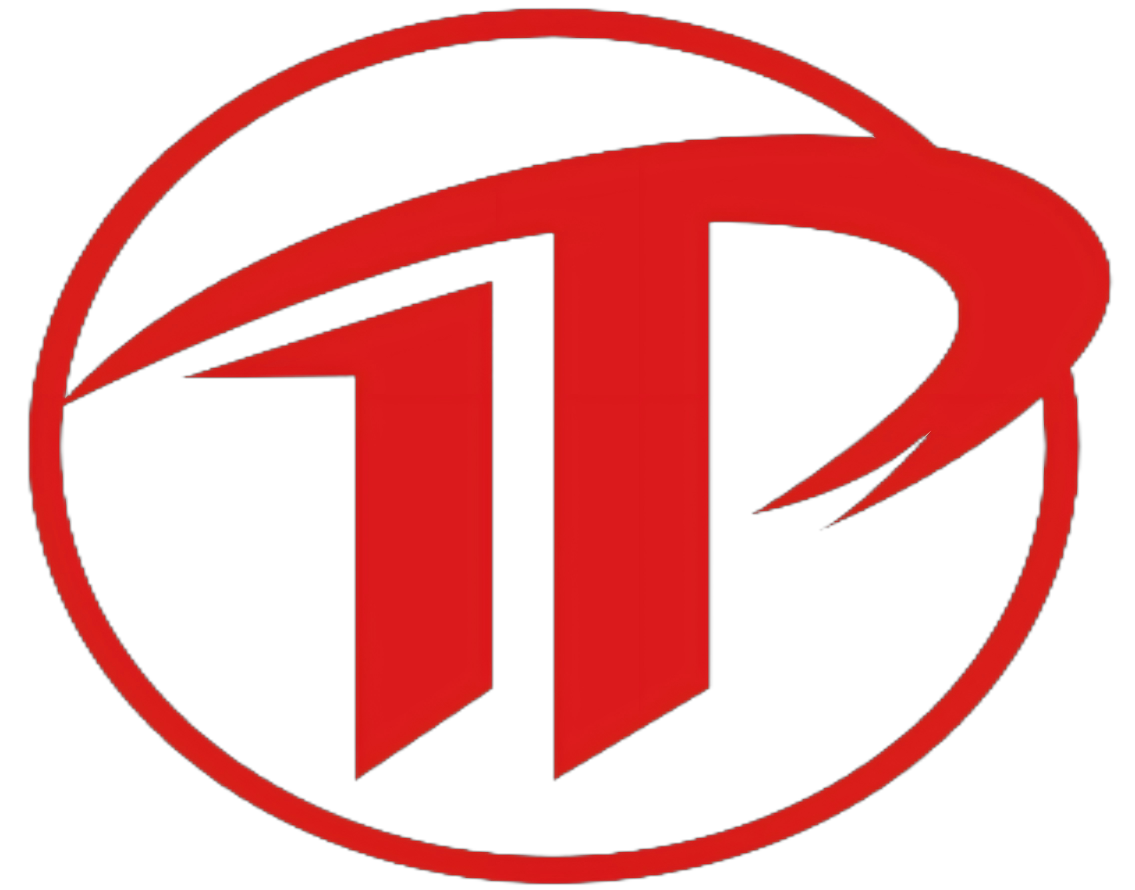AISI 1141
It is a medium-carbon, resulfurized "free-machining" steel commonly used in forged components due to its balance of strength, machinability, and cost-effectiveness. It belongs to the 1100 series of steels, characterized by higher sulfur content for improved machining performance.
Descriptions
1. Chemical Composition
AISI 1141 complies with the following chemical composition (weight %):
| Element | Composition (%) |
| Carbon (C) | 0.38-0.45 |
| Manganese (Mn) | 1.35-1.65 |
| Phosphorus (P) | ≤0.040 |
| Sulfur (S) | 0.08-0.13 |
| Iron (Fe) | Balance |
2. Mechanical Properties
Mechanical properties vary with heat treatment and forging processes. Typical values for hot-forged and normalized AISI 1141 components include:
| Property | Value |
| Tensile Strength | 620-795 MPa (90-115 ksi) |
| Yield Strength | 415-585 MPa(60-85 ksi) |
| Elongation (50mm) | 15-25% |
| Reduction of Area | 35-50% |
| Hardness | 180-250 HB (Brinell) |
| Impact Energy (Charpy V-notch) | 20-35 J(15-25 ft-1b) |
3. Key Advantages
Superior machinability due to sulfur inclusion.
Good wear resistance and fatigue strength.
Cost-effective for high-volume production.
4. Limitations
Reduced weldability (avoid welding unless using specialized techniques).
Lower ductility compared to low-sulfur steels (e.g., AISI 1045).
Recent products
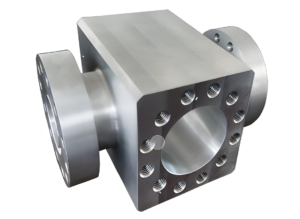
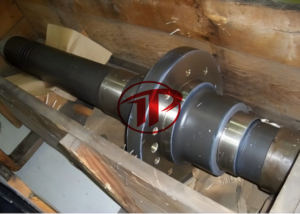
API 8C 4145H Top Drive Main Shaft Forging
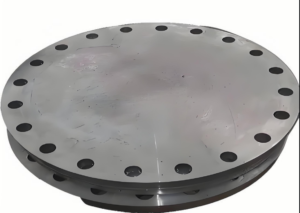
Heavy-Duty Gas Turbine Forged Disc
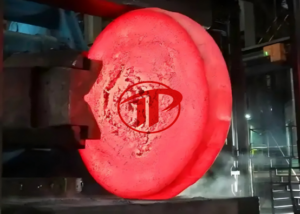
Nuclear Power Head Plate Forging
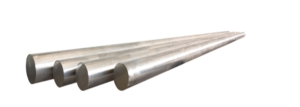
CONTACT US
Address
B-2007,Chuanmei Building,Taishan Street,Taian City,Shandong, China
Call Us
+86 0538 6368027
Email Address
Sales@tiptopforging.com
Standards & Certifications
ASTM A29/A29M (Standard Specification for Steel Bars, Carbon and Alloy).
SAE J403 (Chemical Composition of SAE Carbon Steels)
Applications
a. Drilling Equipment
Tool Joints and Drill String Adapters:
High machinability allows rapid production of threaded connections. Sulfur inclusions reduce tool wear during mass production.Mud Pump Liners and Pistons:
Moderate wear resistance and ease of machining suit components exposed to abrasive drilling fluids.
b. Valve Components
Valve Stems and Bushings:
Precision-machined parts requiring smooth surfaces and dimensional accuracy.
c. Surface Hardware
Bolts, Studs, and Fasteners:
High-volume production of standardized fasteners for rig assembly and pipeline flanges.
d. Hydraulic Systems
Cylinder Rods and Actuator Parts:
Used in low-to-medium pressure systems where strength and machinability outweigh corrosion concerns.
a. Material Handling Systems
Conveyor Chain Links and Sprockets:
High tensile strength and machinability support rapid production of replacement parts.Shafts for Crushers and Screens:
Moderate load-bearing capacity suits secondary crushing equipment.
b. Wear Parts
Bucket Teeth and Adapters:
Surface-hardened AISI 1141 forgings (via induction hardening) for excavators and loaders.Hammer Mill Pins:
Cost-effective solution for replaceable impact components.
c. Drilling Tools
Rock Drill Bushings and Collars:
Machined to tight tolerances for percussive drilling equipment.
d. Support Structures
Brackets and Mounting Plates:
Non-critical structural parts requiring minimal post-forging machining.
Automotive: Axles, gears, shafts, and connecting rods.
Industrial Machinery: Bolts, studs, hydraulic components, and spindles.
Agriculture: Wear-resistant parts, tillage tools, and drivetrain components.
Construction: Fasteners, brackets, and forged fittings.

